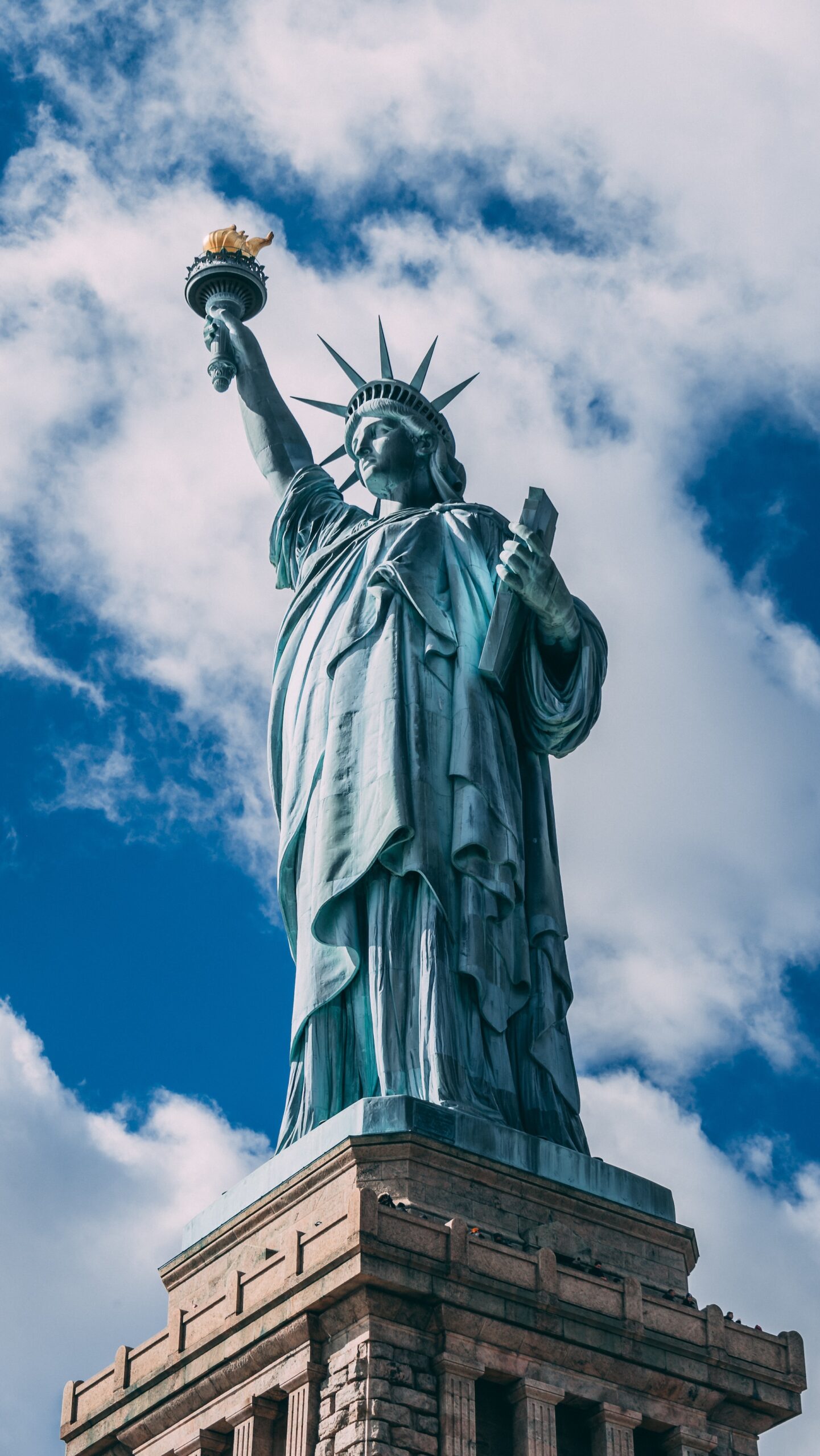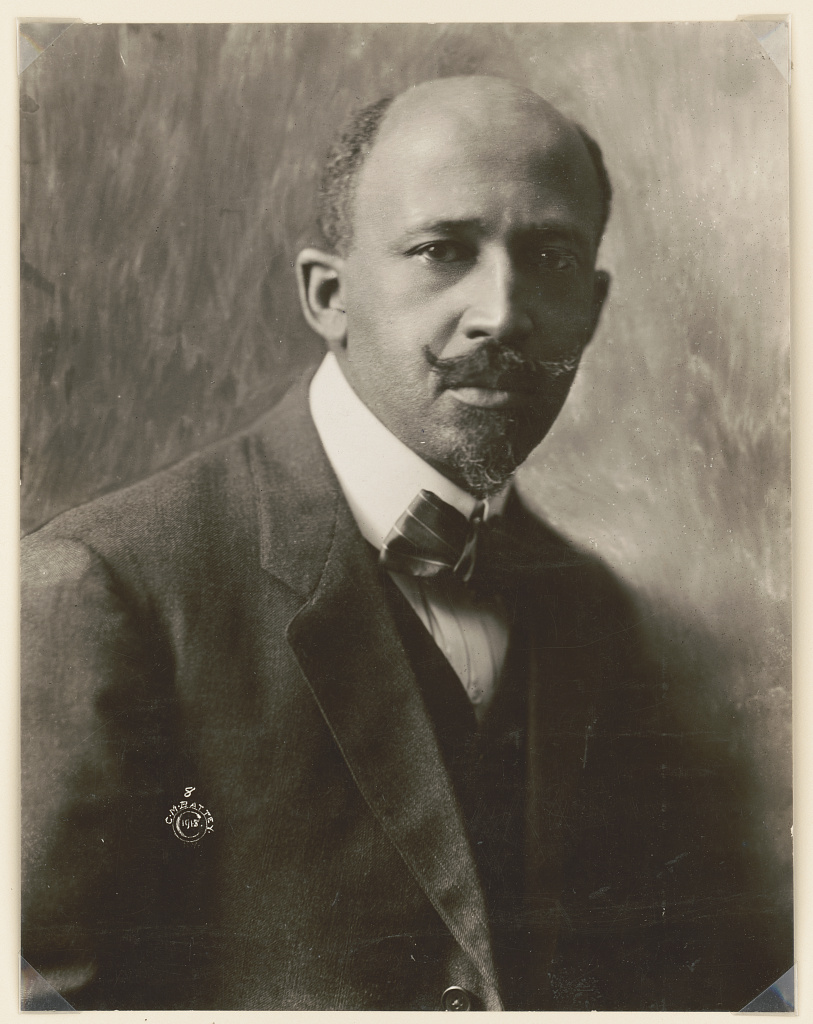On this day in 1973, hip-hop was officially born. At a dance party in the Bronx, NY, DJ Kool Herc used two turntables to create a “break beat.” Hip hop became a messaging tool for political activism. Use this anniversary to talk about art and culture’s role in creating social justice. Cite the values of voice and community.
Tag: economic justice
Watts Rebellion
In 1965, the Watts Rebellion was ignited by the violent arrest of an African-American driver in Los Angeles. Use this anniversary to discuss policing and economic opportunity with your networks. Cite the values of safety and equity.
Medicaid and Medicare
On this day in 1965, President Lyndon B. Johnson created both Medicaid and Medicare by signing into law an amendment to the Social Security Act. Investments in Medicaid to expand access to programs like Medicaid HCBS opens doors for people with disabilities to live near family, friends and contribute to our communities. Refer to the values of opportunity and community.
Americans with Disabilities Act
On this day in 1990, President George H.W. Bush signed the Americans with Disabilities Act (ADA). This was the result of many years of advocacy by disability rights activists and allies. Use the anniversary to discuss the critical importance of accessibility in both government policy and social movements. Use the values of equity and opportunity.
Tuskegee Syphilis Study
On this day in 1972, the Washington Star broke the story of the unethical Tuskegee Syphilis Study conducted on 600 African-American sharecroppers. The exposure led to fundamental changes in medical research. Use this anniversary to underscore the importance of media coverage about people living in poverty and how systemic racism impacts healthcare outcomes in Black and brown communities. Cite the values of equity and community.
Emma Lazarus
Poet Emma Lazarus was born on this day in 1849. Her poem “The New Colossus” is inscribed at the base of the Statue of Liberty and is frequently quoted in the immigration debate. How we treat people arriving at our borders speaks volumes about the values that define our nation’s laws. Use this hook to talk about the importance of welcoming immigrants and refugees and refer to the values of community, safety, and opportunity.
Comic-Con International
The Comic-Con International show kicks off today in San Diego, CA. The massive crowds that flock to this convention make it one of the can’t-miss annual events for lovers of popular arts and comics. The conference presents an opportunity for creative interventions uplifting the powerful impact of pop culture representation—#PowerofPop—to shape narratives through the stories we love. Cite the values of voice, economic opportunity, and equity.
Ida B. Wells
On this day in 1862, Ida B. Wells was born. Wells founded the National Association for the Advancement of Colored People (NAACP) and was a pioneering journalist, one of the first to investigate lynchings across the United States. Use her birthday as a hook to discuss the importance of working for racial and economic justice. Cite the values of economic opportunity, equity, and voice.
To Kill a Mockingbird
On this day in 1960, the American classic novel, To Kill a Mockingbird by Harper Lee, was published. The book focused on racial inequality and went on to win the Pulitzer Prize. Use this anniversary to talk about the need for writers and other artists to challenge injustice. Refer to the values of voice and community.
Niagara Movement
On July 11, 1905, W.E.B Du Bois and William Monroe Trotter gathered Black leaders and launched the Niagara Movement, one of the organizations that paved the way for the formation of the National Association for the Advancement of Colored People (NAACP). The convening met at Niagara Falls, in Ontario, Canada, because hotels on the U.S. side of the falls barred Black people. Among their platform’s demands was the abolition of all caste distinctions based on race or color. Discuss this anniversary by citing the values of voice and equity.




